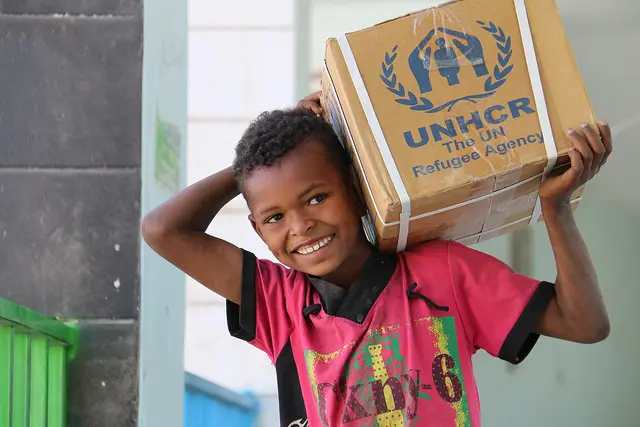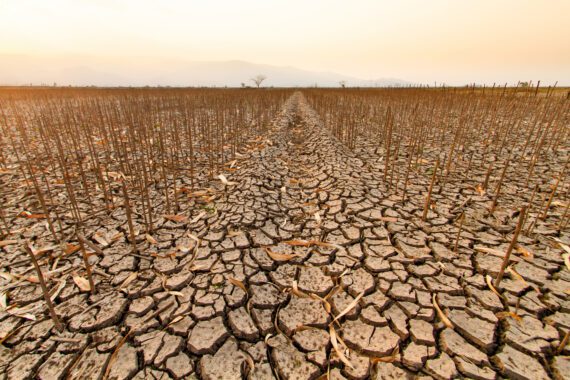By Stephen H. Padre
One of the major causes of hunger is disasters and emergencies — both natural and human-caused. These events trigger humanitarian responses — immediate, lifesaving assistance — from the United Nations and donor countries like the U.S.
The world is witnessing record numbers of people requiring help from such humanitarian mobilizations. The biggest and most prominent emergency is the millions of people fleeing the civil war in Syria. Political will is waning to support that and other emergencies, not to mention funding to support the massive amounts of assistance needed.
To address this situation, world leaders gathered May 23-24 for the first-ever World Humanitarian Summit in Istanbul. Convened by the U.N., the summit brought together 55 heads of state and government and other officials from 173 countries. Hundreds of representatives from the private sector and thousands from civil society also attended, marking a diverse range of actors discussing new ways to alleviate suffering, including by addressing the social, economic, and other inequities that could ignite simmering tensions into violent conflict.
“This unique summit has set us on a new course,” U.N. Secretary-General Ban Ki-moon said in closing remarks. “It is not an end point, but a turning point.”
The summit concluded by endorsing five responsibilities to improve aid delivery, support refugees, uphold international law, increase financing, and prevent the crises generating the largest migration flows in 70 years.
Bread was represented at the summit by the chair of its board of directors, Sandra Joireman.
“It was an encouraging thing to see that the U.N. recognizes the challenges of the current humanitarian system in addressing contemporary crises, such as forced migration from climate change and violence,” Joireman said in reflections shared by email after the summit.
Ban said humanitarian and development organizations had agreed on a new way of working to reduce the need for humanitarian action, while aid agencies and donor governments had committed to a “grand bargain” that placed resources in the hands of those who needed them. Governments had committed to do more to prevent conflict, uphold international law, and live up to the promise of the United Nations Charter.
Another major outcome of the summit was the launch of a new global partnership for preparedness, led by the Vulnerable Twenty (V20) Group of Ministers of Finance of the Climate Vulnerable Forum. The partnership includes 43 high-risk developing nations and several U.N. agencies concerned with hunger and responses to emergencies.
The partnership will strengthen preparedness capacities initially in 20 countries so they attain a minimum level of readiness by 2020 for future disaster risks mainly caused by climate change.
A spokesman for the V20 said that the goal of the partnership with the international community is to make sure that when disasters strike, the mechanisms and support are in place so people can get back on their feet as soon as possible, therefore minimizing the impact on development gains and preventing uncontrolled humanitarian crises.
“There was a strong sense at the summit that this is a critical moment in which states and international organizations need to think about ways to change the system of humanitarian assistance to make it more agile and effective,” Joireman said. “There is currently insufficient funding to address all the present humanitarian needs and every reason to believe those needs will grow over the next decade. We need more effective assistance and different forms of funding, such as public-private partnerships, to provide new sources of aid.”
Stephen H. Padre is the managing editor in Bread’s communications department.



